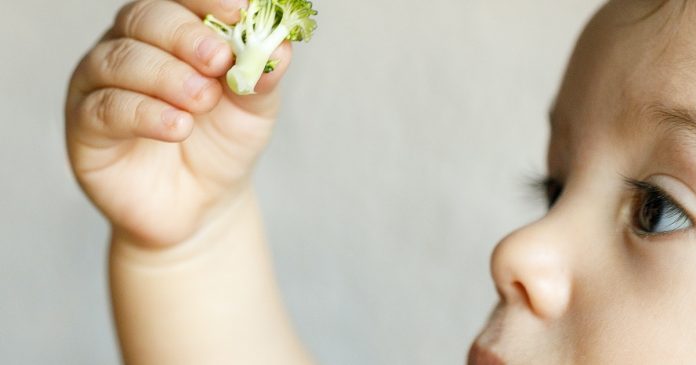Every parent knows that babies change very quickly. Sometimes it seems that you have a very different child today than you had yesterday. You are not suffering a parental hiccup. Research has documented that babies make 10 major, predictable, age-linked changes (or leaps) during their first 20 months of their lives.
These first twenty months are the time a baby learns more than at any other time of their lives. Their brains are new, a blank slate. They have no preconceived ideas or information in them. Everything they hear, see, smell, taste or feel is knowledge sucked into waiting neurological paths to be processed and filed in the brain’s empty drawers, like a new business seeking clients to serve.
With each learning leap comes a drastic change in your baby’s mental development, which affects not only his mood, but also his health, intelligence, sleeping patterns and the “three C’s” (crying, clinging and crankiness). Babies react a bit differently than adults experiencing new or unknown information. Adults have a wealth of stored information already. They can compare, contrast, sort, select, process and retrieve information to make something new relevant and comfortable.
Infants do not have this comfort cushion. Babies cry during a leap because they’ve reached a radical new step in their mental development. They are excited but uneasy with their new ability. Some babies take changes in stride quite easily. Others need more adjustment time. For some, they will fly through several stages with little fuss, but may develop stress on any other stage. It varies with each unique child.
Just like growth spurts which result in quick and drastic body changes in a child, mental leaps are brain surges, where the child’s brain suddenly connects new abilities quickly, like adding more RAM to a compute and suddenly increasing the ability to function at a higher level with a faster speed. With each mental leap that a baby makes, it gains a new kind of perception.
The timing of the mental development of a baby is linked to the age since conception and not to the age since birth. Therefore, to know when your baby is making a leap, you have to know the due date, and not the date of birth.
Babies all undergo these fussy phases at around the same ages. The clingy periods come at 5, 8, 12, 19, 26, 37, 46, 55, 64 and 75 weeks. The onsets may vary by a week or two, but you can be sure of their occurrence. The new kind of perception your baby gains when he makes a mental leap gives him the ability to develop many new skills that require this level of perception.
Once the baby has completed the mental leap, and comes to terms with the new perception, his crankiness will cease. He will be once again comfortable within himself and enjoy exploring the world with his new abilities. As his mental file drawers fill with information he has a larger comfort zone for comparison of new information, and both horizontal and vertical learning can occur at a faster rate. The more fuel added to the fire, the bigger the blaze.
Next comes trial and error of practicing to see what works with the new abilities. Full skill development takes time. This is why parent guided play, stimulation, and exposure to age appropriate stimuli (toys, books) is crucial for intelligent growth.








